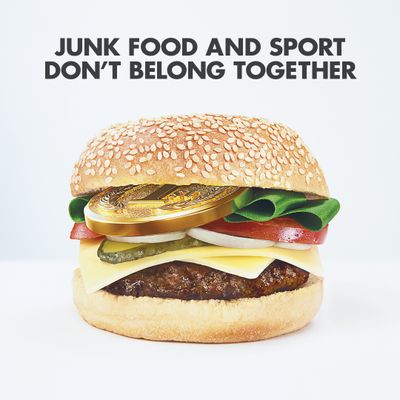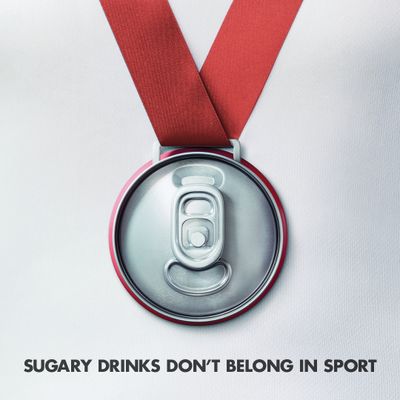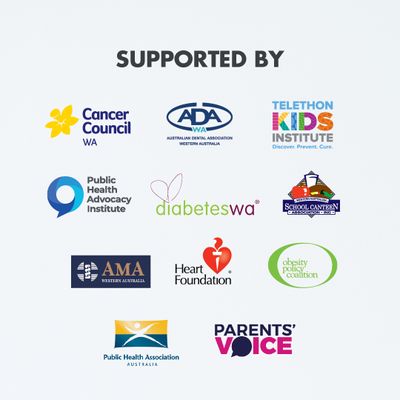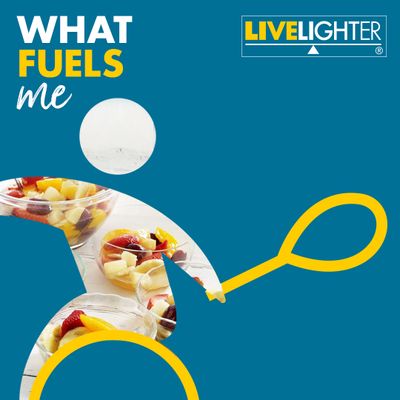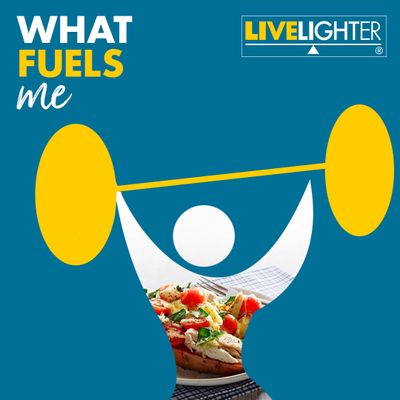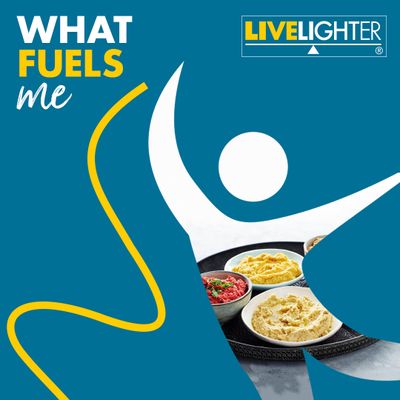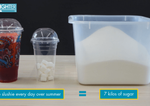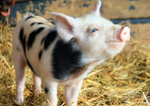Olympians don't fuel their bodies with junk food, and neither should we
by Ainslie Sartori, Obesity Prevention Manager, Cancer Council WA
- August 2, 2021
- Leave a comment
- Families
- Health professionals
- Marketing
- Healthy eating
- Sugary drinks
- Industry
- Junk Food
- Public Health
- Advocacy
- Olympics
- LiveLighter Partners
As millions of children and families around the globe tune in to see amazing feats of strength, endurance, and agility at this year’s Olympic Games in Tokyo, health experts have raised concerns about the huge volume of junk food and sugary drink marketing they will unwittingly be exposed to.
Companies like Coca-Cola and McDonald’s spend big bucks to have their brands associated with the Olympics. Coca-Cola is a ‘Worldwide Olympic Partner’ of this year’s Olympic Games in Japan as well as being an official partner of the Australian Olympic Team, along with the global confectionary company Cadbury. Meanwhile, fast-food giant McDonald’s is a broadcast partner of the Tokyo Olympics coverage in Australia.
These companies have only one thing on their minds when they jostle for a position alongside our sporting heroes – profits. Junk food and sugary drink companies wouldn’t sponsor major sporting events if it wasn’t profitable for them to do so.
Kids are targeted with unhealthy food ads in every part of their lives - on public transport, outside while walking to school, online, when playing sport and when watching their sporting heroes. The processed food industry shows three ads for unhealthy food every hour during children’s peak TV viewing times. It’s a constant presence in their lives from a young age, building brand awareness and loyalty for a lifetime of sales.
Children look up to elite athletes as role models, with recent studies showing that endorsement of a product by an athlete increases brand recognition and sales, particularly by children. It’s a conflicting message, celebrating athleticism and physical activity on one hand, while promoting junk food and sugary drinks on the other.
Regularly consuming sugary drinks and eating foods high in fat, sugar and salt contributes to weight gain. One-quarter of children and two-thirds of adults are above a healthy weight, and we know that this increases the risk of chronic conditions such as type 2 diabetes, stroke, heart disease, as well as 13 types of cancer.
Junk food, sugary drinks and sport don’t belong together. It’s time to support children and families in their efforts to be healthy and end unhealthy sponsorship in community, national and elite sports. We have seen that healthy sponsorships are possible – just look at Healthway’s successful partnerships with Perth Glory and West Coast Fever!
Athletes themselves are beginning to take a stand against sporting events being used to push sugary drink and junk food marketing messages onto an unsuspecting public. Last month, soccer superstar Cristiano Ronaldo made headlines when he called out the sponsorship of sports by sugary drink companies. During a pre-game press conference, his decision to remove the two bottles of Coke placed in front of him, and state “agua” (water) while holding his own water bottle sent a clear message on his drink of choice. The day afterwards, two more players chose to remove the branded drinks in front of them, with one player removing the Heineken bottle which conflicted with his religious beliefs. Ronaldo’s decision garnered international media attention and knocked $5.2 billion from Coca-Cola’s market value.
The sponsorship of elite and community sports by junk food companies helps normalise their consumption. But we know that elite athletes don’t really fuel their bodies with junk food.
Be a homegrown hero by making healthy meals to fuel you and your family. We’ve got almost 400 healthy and tasty recipe ideas here, or check out our downloadable family meal planners that take the fuss out of planning dinner each night.
